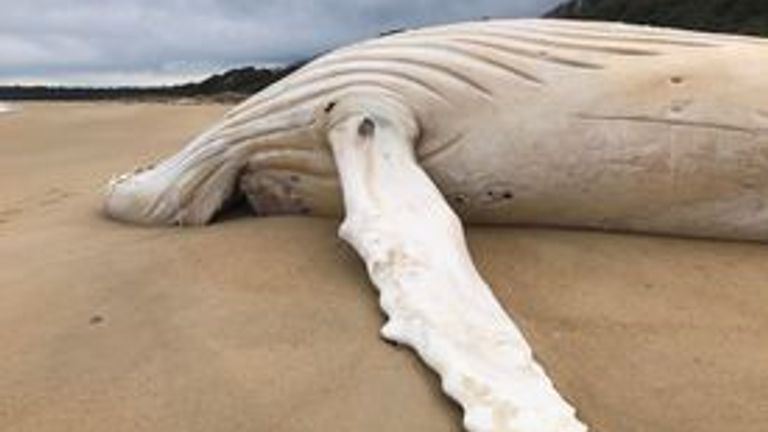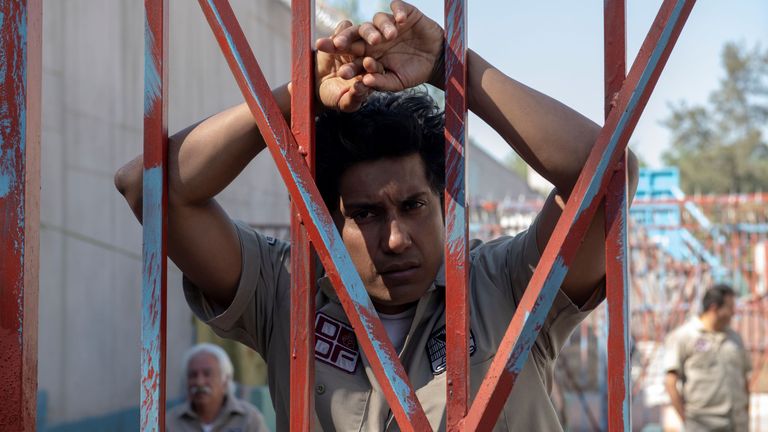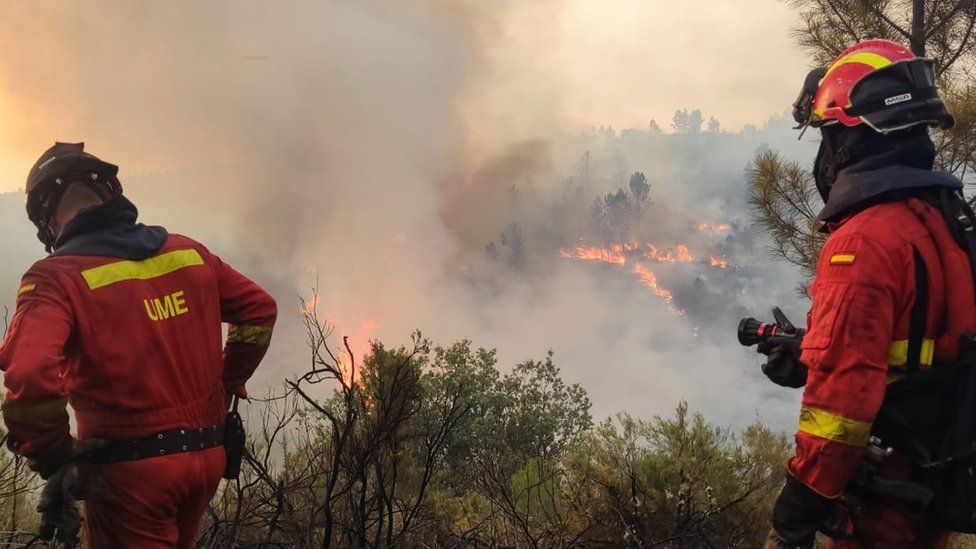
Joe Biden told Middle East leaders on Saturday that the US was invested in the region and not about to cede influence to Russia, China and Iran, which have all built a presence in the region over recent years.
“We will not walk away and leave a vacuum to be filled by China, Russia, or Iran. And we’ll seek to build on this moment with active, principled American leadership,” the US president said. “The United States is not going anywhere.”
Biden, who was on his first tour of the region, partly aimed at persuading Gulf states to pump more oil, was speaking at a summit in the Saudi city of Jeddah where heads of the Gulf states, Egypt and Jordan had gathered.
His administration has already been at odds with key Middle East allies such as Saudi Arabia, the United Arab Emirates, and Egypt over a range of issues, including human rights. Some Arab states, including in the Gulf where countries rely heavily on US security aid, have worried about what they see as American disengagement in the region, which in turn had caused them to draw closer to Russia and China.
Relations between Washington and Riyadh in particular deteriorated after Biden promised to turn the country into a pariah during his presidential campaign, citing the murder of Saudi journalist Jamal Khashoggi by Saudi agents. The CIA concluded that Saudi Crown Prince and day-to-day ruler Mohammed bin Salman ordered the operation, something the prince denies.
Biden met the crown prince for the first time on Friday. He said after the meeting that he had raised Khashoggi’s case with the prince, and that he expected Saudi Arabia to increase oil production in coming weeks.
A Saudi official told reporters the country would increase production if there were demand on the market.
Saudi Arabia, along with the UAE, has been lobbying the US for more military assistance to counter Iran’s power in the region and to defend against Houthi rebels in Yemen who have attacked installations in both Gulf countries. It was not immediately clear whether Biden’s visit would lead to an increase in military support and aid to Saudi Arabia.
“As we continue to work closely with many of you to counter the threats posed [in] . . . the region by Iran, we’re also pursuing diplomacy to return constraints on Iran’s nuclear program. But no matter what, the United States is committed to ensuring that Iran never gets a nuclear weapon,” Biden said.
On the sidelines, the president met the leaders of Egypt, Iraq and the UAE president, Shaikh Mohammed bin Zayed, who he invited to Washington.
Biden, who visited Israel and the Palestinian territories before arriving in Saudi Arabia, achieved a foreign policy win during the trip, with Saudi Arabia announcing that it would open up its skies to all overflights to and from Israel after US-brokered ties. Israel agreed to the transfer of multinational peacekeeping forces from two Red Sea islands Egypt had relinquished to Saudi Arabia in 2017.
US officials said they expected establishing full diplomatic ties between Saudi Arabia and Israel would take years and made clear before the trip they were not expecting significant breakthroughs.
The arrangements brokered between Saudi Arabia and Israel over the course of the trip fell short of the peace accords brokered by the US between Israel and four Arab countries in 2020. Saudi Arabia has said it would normalise ties with Israel only when it settles its conflict with the Palestinians.
https://news.google.com/__i/rss/rd/articles/CBMiP2h0dHBzOi8vd3d3LmZ0LmNvbS9jb250ZW50L2E0ZGZhMjAyLTJmMjUtNDlmMS05NjM1LTI1ZjczN2Y0ZjIyN9IBAA?oc=5
2022-07-16 16:25:34Z
1491588704











